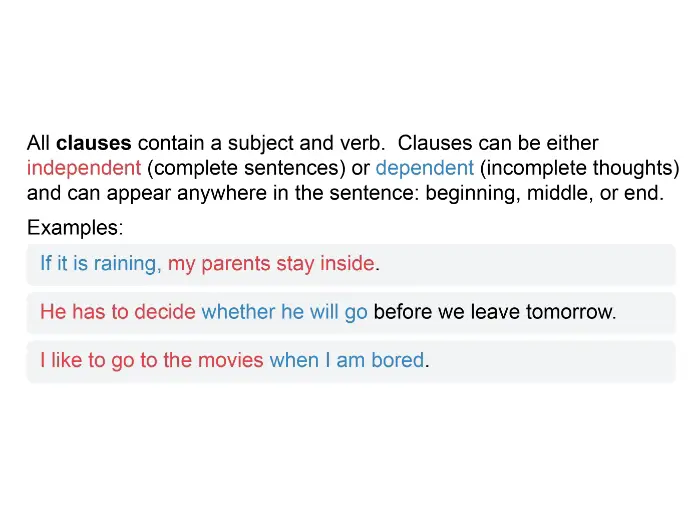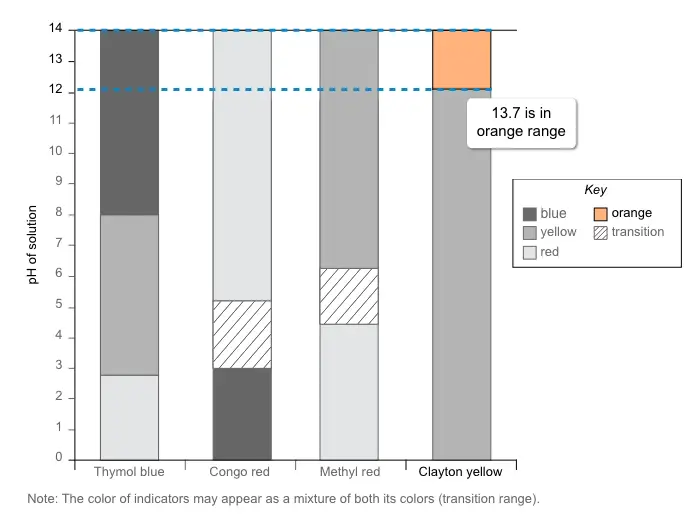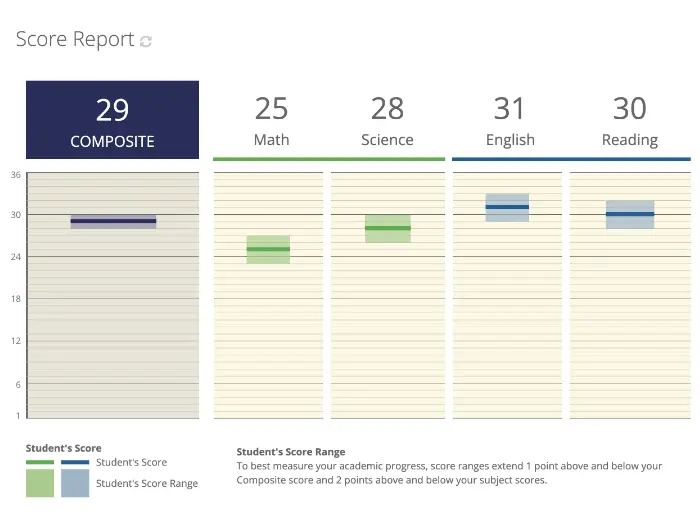The ACT® is a critical standardized test taken in preparation for higher education. It can determine your eligibility for college admissions, scholarships, and financial aid. However, the pressure of achieving a high score on the ACT may lead you to consider an ACT retest, which can have advantages and disadvantages. In this article, we’ll explore the pros and cons of retaking the ACT and provide insights to help you make an informed decision.
What Are the Reasons to Retake the ACT?
While there are many reasons to retake the ACT, start by asking yourself a few questions:
- Will retaking the ACT improve your score?
According to the ACT, 57% of repeat takers improve their composite scores. 21% do not. Which cohort you fall into depends on how well you retune your study plan. If you decide to retake the ACT, change up your study plan and use the best prep for the ACT exam. - Are you close to your target score?
Retakers with a composite score of 13–29 usually see a one-point gain. Consider your weaknesses on previous tests. How much better can you really perform? Weigh the costs and benefits. If your score is already within the range your desired college(s) accepts, it may not be worth the effort. - Would superscoring help you?
Superscoring refers to a practice used by some colleges and universities to consider a student’s highest section scores across multiple ACT test dates when evaluating their application for admission. A retake may be justified if you performed poorly on one or two exam sections and are applying to a college that accepts superscores. - Does your prospective college have a pre-set ACT cutoff score?
A pre-set ACT cutoff score is a specific score set as a minimum requirement for admission. Of course, you’ll need to meet this requirement, but colleges also typically release average ACT scores for incoming freshmen. Outperforming the average of these scores will increase your chances of admission.



When Should You Retake the ACT?
You should take the ACT in the fall semester of your junior year, then retake it in the spring of your senior year. This schedule will give you four months of prep time before your retake date. Here are a few pointers to help you decide when you should retake the ACT.
-
Assess your weak points and delegate time to improving them.
Study your score report thoroughly to assess where you stand. Estimate how much time you’ll need to improve on your weaknesses. For example, if you need to study math for 40 more hours and you can devote 3 hours per week, retake the ACT in 3-4 months. -
Will retaking the ACT be worth your time?
Consider your potential for improvement. If you’ve already made a significant effort and are unlikely to improve your score, a retake probably isn’t worth it. Additionally, it may not be necessary to retake the test if your current score is close enough to your target score.
What to Consider When Retaking the ACT?
If you are planning to retake the ACT, here are some things to consider:
-
Set your next testing date
Give yourself enough time to prepare. Setting your next testing date will help you stay on track and avoid procrastination. It’s recommended that you study for at least 2-3 months before your next test. Take note of where you performed poorly on your previous test and concentrate on improving them. -
Understand your score report
In addition to your exam experience, analyzing your score report will provide input on where you need to improve and help you create a targeted ACT study plan. -
Take practice tests
Invest in premium test prep that allows you to hone in on your weaknesses and monitor your progress. By making practice feel like the exam, you will find that exam day feels like practice.
Does retaking the ACT look bad?
Retaking the ACT is the only way you can take advantage of superscoring. If you do worse, you can simply submit the higher score from a previous test. Some colleges (e.g., The Ivy League) require you to submit all of your ACT scores to assess your academic growth. In this case, too many retakes may impact you negatively, especially if your scores don’t improve.
Can You Retake Just One Section of the ACT?
Section retesting has been postponed. If you’re taking the ACT in 2023, chances are, you will not be allowed to retake just one section of the ACT. However, you can retake the entire ACT and use your best scores for each section via superscoring.



Related Questions
Can you retake the ACT in college?
Yes, you can retake the ACT in college.
How many times can you retake the ACT?
You can retake the ACT 11 times.
Where can you retake the ACT?
You can retake the ACT at an ACT test center.
What happens if you take the ACT multiple times?
Colleges that collect all ACT scores may evaluate multiple retakes negatively, particularly if your scores do not improve.
Can colleges see how many times you take the ACT and do they care?
Some colleges require you to send in all your ACT test scores, in which case too many retakes may work against you. Check your desired college’s requirements before retaking the ACT.
Should you retake the ACT if you got a 25?
An ACT score of 25 is considered competitive for many schools. However, it depends on the school you’re applying to, and whether 25 is above the cut-off ACT score for your prospective school.
What happens if you retake the ACT and get a lower score?
You can simply choose not to report the lower score on your college admissions application.
How much does it cost to retake the ACT?
The cost of retaking the ACT is the same as taking it for the first time—$63. If you take the option Writing section, the cost increases to $88.




